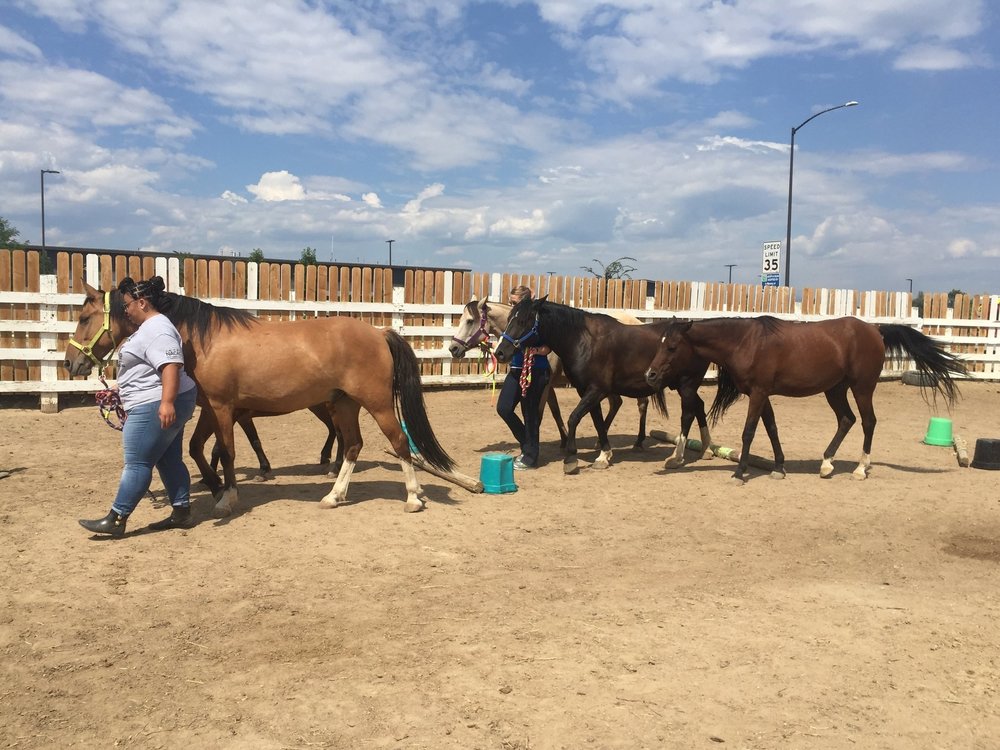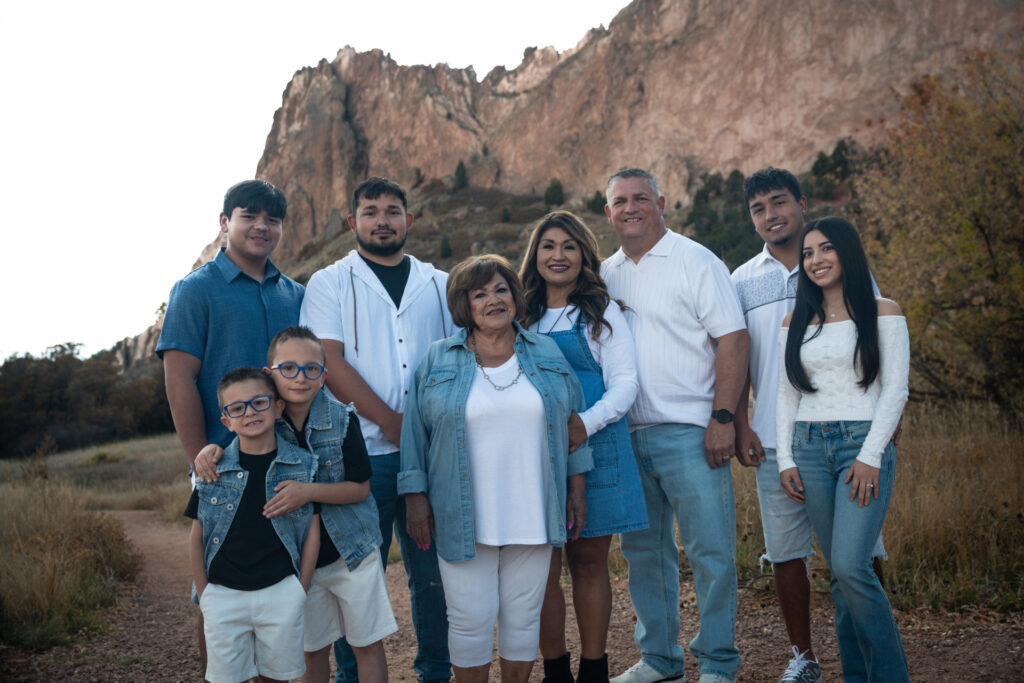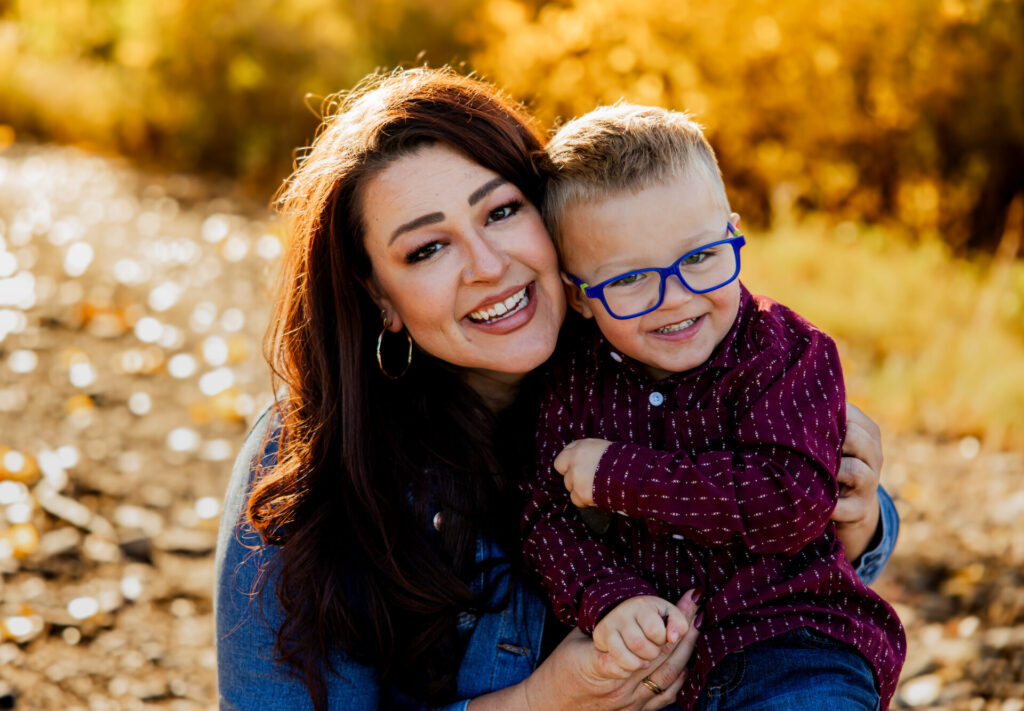What foster parents can learn from horses

Groundwork Ranch offers equine-assisted training
Raleigh isn’t a trained horse, but he helps train foster parents. Born a wild mustang in Nevada, if Raleigh does something you wanted him to do, it was because he chose to; not because you “made him” to do it. Raleigh and the other horses at Groundwork Ranch in Louisville teach foster parents to recognize, understand and respond to survival behaviors just by behaving as they do in their herd. As prey animals, horses’ natural behavior parallels that of people who have experienced trauma as their behavior is based on their survival instincts.
Licensed professional counselors Lottie Grimes and Dave Wyner developed the Leader of the Herd workshop to teach foster parents how to create a healing home environment for children and youth who have experienced trauma. Both Certified Clinical Trauma Professionals with expertise in equine-assisted learning, Lottie and Dave developed a five-hour equine-assisted practice lab that gives foster parents the opportunity to practice parenting skills designed to help young people in their care to develop a sense of safety.
By learning to understand five evolutionary adaptations horses use when interacting with humans and each other, foster parents are taught to apply that knowledge when working with the horses and then discuss how these lessons and skills can be transferred to their roles as foster parents. In order to lead these horses through obstacles successfully, participants must be able to make the horses feel safe, stay regulated and willingly offer their cooperation. As foster parents lead their horses through an obstacle course, they are told completing the course in the allotted time means your child has arrived at school on time.
Much like someone who has experienced trauma and reacts to situations based on a “fight or flight” response a horse’s survival informs its decisions at all times. Equine-assisted exercises are designed to show foster parents that difficult and confusing behaviors are a young person’s way of trying to feel safe as a reaction to a perceived threat and teach participants to respond to behaviors calmly with patience.
When one horse senses danger, the rest of the herd picks up on and responds to it. This phenomenon of emotional contagion teaches participants to self-regulate their own emotions and stay relaxed when stressful situations arise. As horses are always assessing their environments for danger, the participant must remain present and change how they respond to situations to help their horse feel safe.
Herds of horses choose to follow leaders who make sound decisions and elicit cooperation, so participants learn to practice fair and firm leadership. The exercises in the training help foster parents consider the point of view of the child and make flexible decisions about what “success” looks like for the young people in their care.
Lastly, horses rely primarily on non-verbal communication, so participants learn to send messages through their body language and energy and identify their horse’s non-verbal cues. This lesson translates well to understanding non-verbal cues in young people.
Visit Groundwork Ranch’s website to learn more about the Leader of the Herd workshop
More Posts







